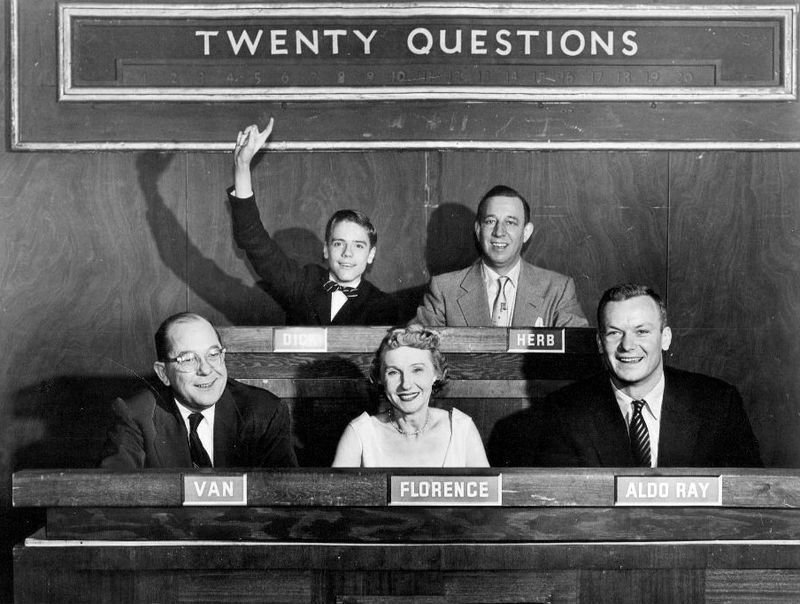"Creative Commons 101" by Gwen Franck is licensed under CC BY-SA 4.0, except otherwise noted.







"Caution Tape" by Eugene Zemlyanskiy on Flickr CC BY
Ik ben geen advocaat - deze presentatie bevat geen juridisch advies
In deze presentatie:
- waarom het huidige (c) niet altijd goed werkt en vooral voor veel verwarring zorgt
- copyright - creative commons - publiek domein
- wie zijn we
- wat zijn CC - licenties en hoe werken ze?
- waar vind je werken met CC licenties en hoe gebruik je ze


"Alle rechten voorbehouden"
De bestaande auteursrechtelijke wetgeving is niet altijd aangepast aan de realiteit in 2016



- Internationalisering
- Digitalisering
- 'text & data mining'
- 'citizen science'
- Open Science
- Social Media
- 'limitations and exceptions'
- ...


"Open Means Never Having to Say You're Sorry" by Alan Levine on Flickr CC BY-SA



Het gaat om meer dan alleen toegang tot wetenschappelijk onderzoek

Chopin at 28, from Delacroix’s joint portrait of Chopin and Sand, public domain

"Images of the Atomium were quickly added to Wikipedia articles once Belgium’s freedom of panorama law was enacted. Photo by Prosopee, CC BY-SA 3.0."
In een ideale wereld...
- vormt (c) geen belemmering voor onderwijs en wetenschappelijk onderzoek
- wettelijke toegang = universele toegang (dus geen geoblocking)
- Wetten, geen licenties
- geharmoniseerde 'limitations & exceptions'
- Geen extra (ancillary (c))
- Freedom of Panorama
- what's in the public domain remains in the public domain
- "the right to read is the right to mine"
- ...



Creative Commons : 'a patch for a broken copyright system'

A Creative Commons license (or public domain tool) is universally recognisable, juridically sound, easily applicable and leaves the user in no doubt about the intentions of the author.
CC licenses let you easily change your copyright terms from the default of “all rights reserved” to “some rights reserved.”
Wie zijn we?

"Earth" by Cassie McKown from the Noun Project
- wereldwijd
- non profit
- 20+ staff
- 85+ teams
- 300+ vrijwilligers
- (ikzelf coordineer de Europese vrijwilligers)

Bijna 100 teams ondersteunen de ontwikkeling en implementatie van CC licenties
Picture by CCKorea, CC BY on Flickr
Wat doen we?
- we ontwikkelen en onderhouden 6 CC licenties en 2 zgn. public domain tools
- we informeren over de licenties, maar ook over open science, copyright reform, open business models, open cultuur, open date , ...
- we willen de 'commons' beschermen en uitbreiden
- we ontwikkelen 'tools'
- ...
Meer dan 1 miljard werken hebben een CC licentie

- Creative Commons is een hulpmiddel, geen magie. Het is gebaseerd op de bestaande auteursrechtelijke wetgeving.
- Incorrect gebruik van CC gelicenseerd materiaal is dus een inbreuk op het auteursrecht

CC Licenses

"Some rights reserved"

Als je vanaf het begin duidelijk maakt wat mag en niet mag gebeuren met je werk ...
- naamsvermelding
- voorwaarden voor hergebruik
- (niet)commercieel gebruik
- wijzigingen toegelaten





4 bouwblokken




Kunnen gecombineerd worden tot 6 licenties
-
You are free to:
Share — copy and redistribute the material in any medium or format
Adapt — remix, transform, and build upon the material
for any purpose, even commercially
-
Under the following terms:
Attribution — You must give appropriate credit, provide a link to the license, and indicate if changes were made
You may do so in any reasonable manner, but not in any way that suggests the licensor endorses you or your use.

- Same conditions as CC BY, plus:
-
ShareAlike — If you remix, transform, or build upon the material, you must distribute your contributions under the same license as the original.
-

-
Same conditions as CC BY, plus:
- NonCommercial — You may not use the material for commercial purposes

-
Same conditions as CC BY, plus:
- NoDerivatives — If you remix, transform, or build upon the material, you may not distribute the modified material.







Two additional legal tools






Text
Niet vergeten:

Hoe werkt het?


Drie lagen:
- Machine Readable
- Human Readable
- Legal Code

Legal Code

- juridical basis
- "version 4.0"
- created by CC Legal Team + input from communities worldwide
- available in your language
- universally applicable
Human Readable
- summary or 'deed'
- this is what you link to
- available in your language

Machine Readable
- make it easy for "the Web" to know when a work is available under a Creative Commons license


Niet vergeten:
- Een CC licentie kan niet worden herroepen
- Gebruik de gepaste licentie - CC is niet altijd de beste keuze
- "Make sure the material is subject to copyright or similar rights"
- Denk erover na hoe je wil dat het materiaal hergebruikt zal worden
- Specify additional permissions
- Specify attribution information


CC licensed materiaal citeren
- een beetje gezond verstand is al heel wat ...
- Naamsvermelding is verplicht
- Link naar het originele werk
- Link naar de licentie
- Vermeld als het om een adaptatie gaat

Accident ! by clement127 found on Flickr (CC BY-NC-ND 4.0)
https://creativecommons.org/licenses/by-nc-nd/4.0/
www.flickr.com/photos/clement127/
Title
Author
Source
License

- Picture found on Flickr
- 'I am so confused' (c) Creative Commons
- 'I am so confused' by Ian Sane
- CC BY 2.0
- 'I am so confused' (c) Flickr

- @g_fra
- gwen@creativecommons.org
- https://slides.com/gwen/CC101
"Creative Commons 101" by Gwen Franck is licensed under CC BY-SA 4.0, except otherwise noted.
Thank you!







